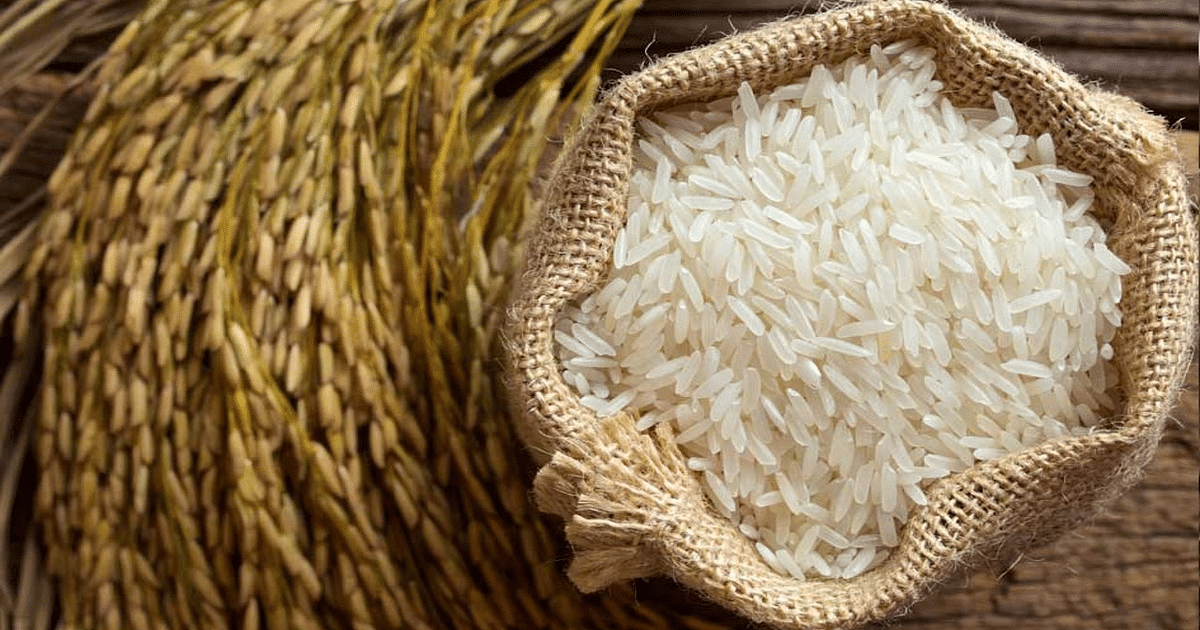Rice Export Ban: The Central Government has said that exporters who have deposited the export duty before the notification banning the export of rice is issued, will be allowed to send their consignment abroad. The government had announced a ban on the export of non-Basmati rice in a notification issued on July 20. The government has taken this step to increase the availability of this rice in the domestic market. While notifying this ban, the Directorate General of Foreign Trade (DGFT) had mentioned permission for rice export under certain special conditions. DGFT has said in the notification issued on August 29 that by giving some concession in the old notification, the export of non-Basmati white rice is being allowed in the condition that the export duty is paid before 9:57 pm on July 20. Has gone.
Discount available till 30th October
According to the notification, if the exporter has handed over his consignment to the Customs Department before 9:57 pm on July 20 and it has been registered in the Customs system for export, then that consignment can be exported. May go. However, this export exemption will be only till October 30. To ensure the availability of non-Basmati rice in the country, the government had issued a notification banning its export.
India allows export of 1.43 lakh tonnes of non-basmati rice
The central government on Wednesday allowed export of 1.43 lakh tonnes of non-Basmati white rice to Bhutan, Mauritius and Singapore. The Directorate General of Foreign Trade (DGFT) said in a notification that this export has been allowed through National Cooperative Export Limited (NCEL). DGFT has notified export of 79,000 tonnes of non-Basmati white rice to Bhutan, 14,000 tonnes to Mauritius and 50,000 tonnes to Singapore. Although the ban on export of non-Basmati white rice imposed on July 20 to boost domestic supply continues, exports to other countries are allowed to meet their food security needs and upon request, with government approval. Is. According to the statement, Bhutan, Mauritius and Singapore have been notified for export of non-Basmati white rice.
Government is strict on export of non-Basmati rice under the guise of Basmati rice
The government has decided not to allow export of Basmati rice below $1,200 per tonne to prevent possible ‘illegal’ export of white non-Basmati rice in the guise of premium Basmati rice. The Commerce Ministry said in a statement on Sunday that it has directed trade promotion body Agricultural and Processed Food Products Export Development Authority (APEDA) not to register contracts below $1,200 per tonne. Contracts below the current $1,200 a tonne have been kept in abeyance. For the future, a committee will be constituted under the chairmanship of APEDA.
Usna rice imposed 20 percent export duty
In an effort to control retail prices of rice, the central government is taking several steps to boost domestic supply. In September last year, it had banned the export of broken rice, while last month it had banned non-Basmati white rice. Last week, 20 percent export duty was imposed on non-Basmati rice. With these restrictions, India has now banned all varieties of non-Basmati rice. According to the Commerce Ministry statement, the government has issued instructions to APEDA to introduce additional security measures to prevent possible illegal export of white non-Basmati rice in the guise of Basmati rice. As per the instructions, only contracts for basmati export valued at $1,200 per tonne and above should be registered for issue of Registration-cum-Allotment Certificate (RCAC). As per Foreign Trade Policy, it is mandatory for APEDA to register all the contracts for export of Basmati rice and then it issues RCAC for export of Basmati rice.

